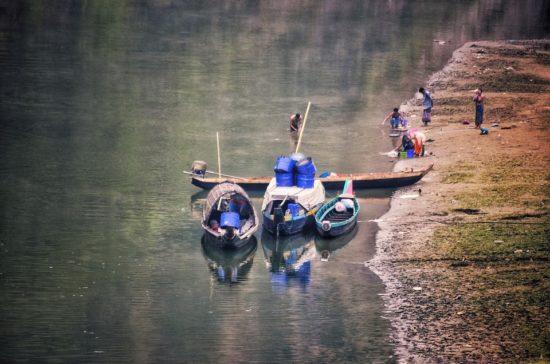Study: Bangladesh’s surface waters have high levels of antibiotic residues, chemicals
High levels of antibiotic residues, other medicines and chemicals present in Bangladesh’s ponds, canals, lakes, rivers and other surface waters are contributing to a spike in antibiotic resistance in the country, says a new study.
Antibiotic resistance results from microorganisms (such as bacteria, fungi, viruses and parasites) mutating when exposed to antimicrobial drugs that become ineffective in the prevention, treatment and spread of infectious diseases, according to the WHO.
Factors that make low- and middle-income countries like Bangladesh vulnerable to increased emergence and spread of anti-microbial resistance in the environment include poor regulation of antimicrobial drug use, high volume of antimicrobials used in human medicine and agricultural production and poor wastewater management, the study noted.
AMR NEWS
Your Biweekly Source for Global AMR Insights!
Stay informed with the essential newsletter that brings together all the latest One Health news on antimicrobial resistance. Delivered straight to your inbox every two weeks, AMR NEWS provides a curated selection of international insights, key publications, and the latest updates in the fight against AMR.
Don’t miss out on staying ahead in the global AMR movement—subscribe now!







